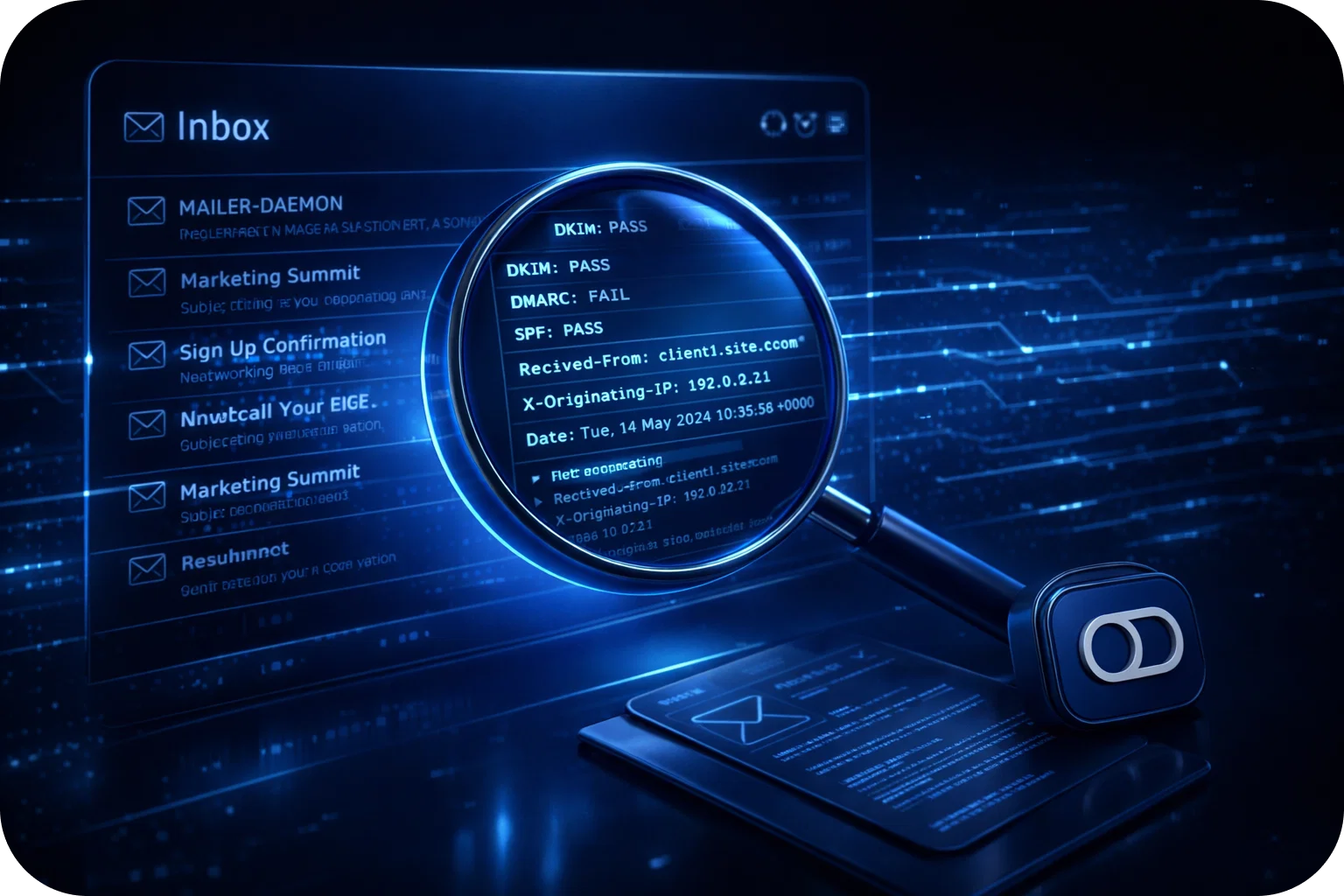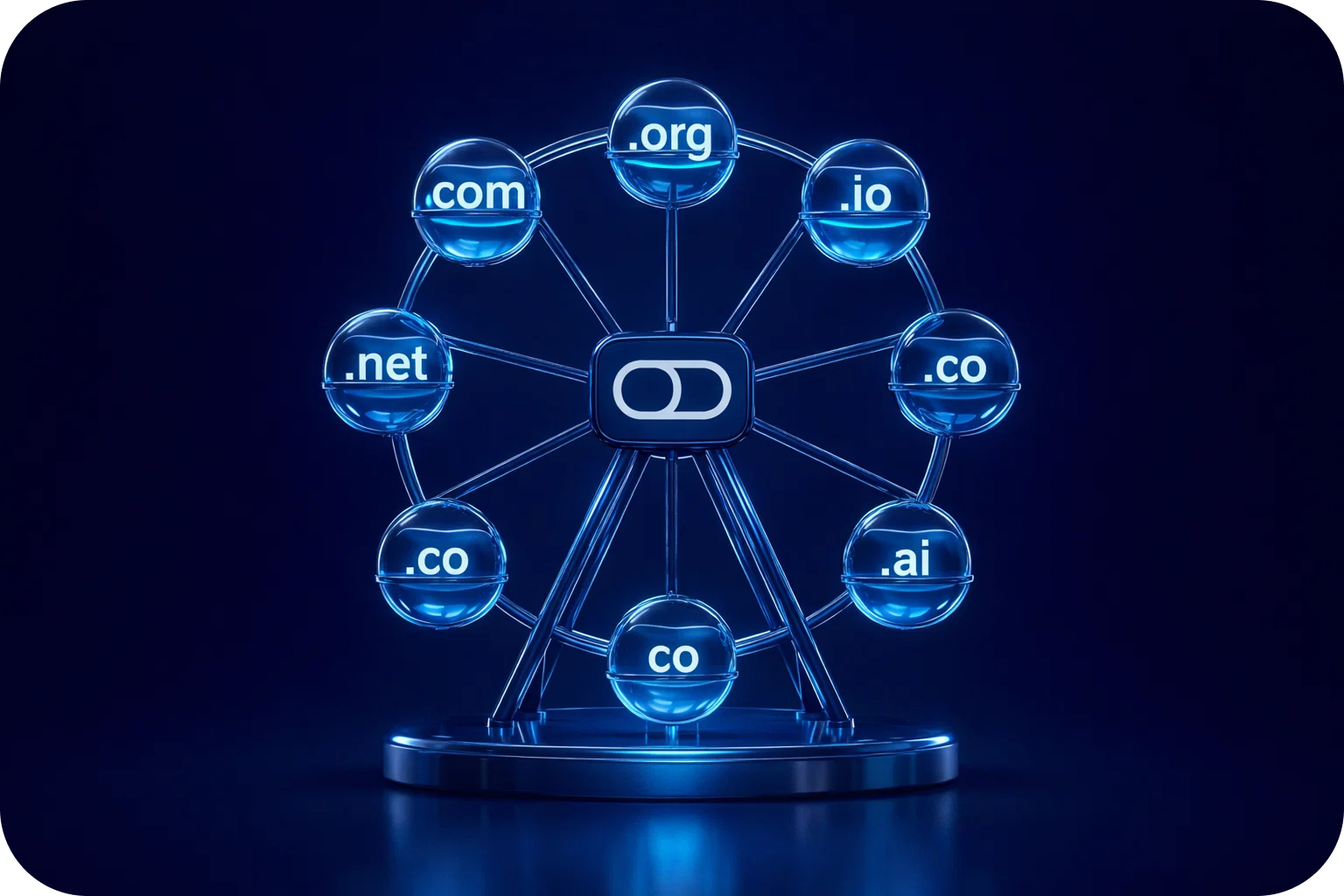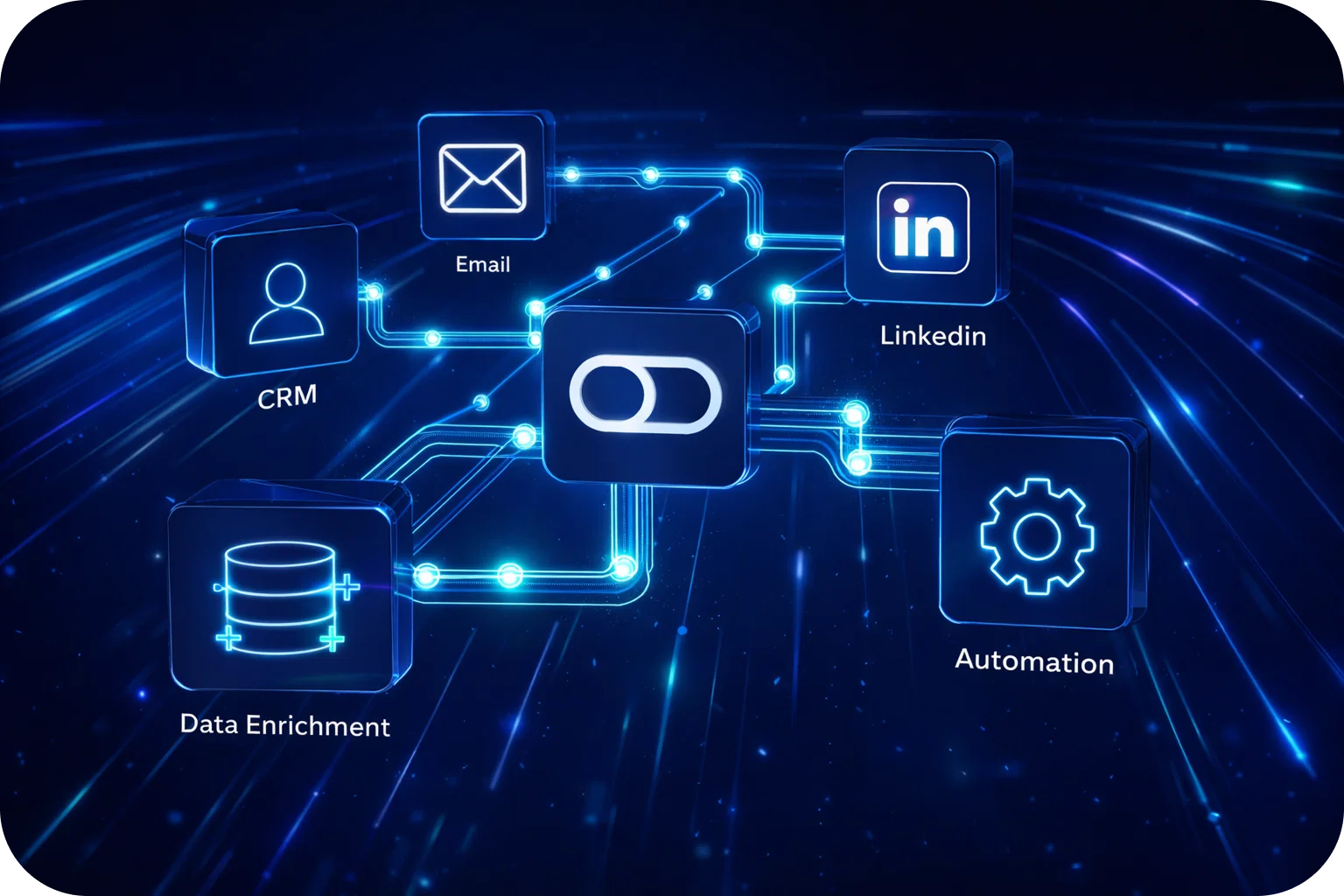The Hidden Psychology of B2B Decision Makers: What Really Drives Purchase Decisions

In the world of B2B sales, understanding your prospect's mindset isn't just helpful, it's essential. While many sales teams focus solely on features, benefits, and pricing, the most successful professionals dig deeper into the psychological triggers that actually drive purchase decisions.
After analyzing thousands of successful B2B transactions and failed deals, a clear pattern emerges: the decision-making process is far more emotional and psychological than most realize. Let's uncover the hidden psychology that governs B2B purchases and how you can leverage these insights in your sales outreach.
The Myth of the Rational B2B Buyer
The biggest misconception in B2B sales is that business buyers are purely rational. While they certainly apply logic and analysis to their decisions, emotions play a surprisingly dominant role in the final choice.
Research from the Corporate Executive Board found that B2B customers are actually more emotionally connected to their vendors than B2C consumers are to their brands. This emotional connection stems from the personal and professional risks associated with making the wrong choice.
Consider this: when a B2B decision maker chooses your solution, they're not just buying a product; they're betting their reputation, their team's success, and potentially their career advancement on that decision. This creates a complex psychological landscape that smart sales professionals learn to navigate.
The Six Core Psychological Drivers
1. Fear of Making the Wrong Choice (Loss Aversion)
Loss aversion is the most powerful psychological force in B2B decision-making.
Decision makers are typically more motivated to avoid losses than to achieve gains.
This manifests in several ways:
- Fear of choosing a solution that fails to deliver
- Concern about wasting budget or resources
- Anxiety about how a poor choice reflects on their judgment
Cold email application: Instead of leading with what they'll gain, start by addressing what they might lose by maintaining the status quo. Frame your solution as risk mitigation rather than just opportunity creation.
2. The Need for Social Proof and Validation
B2B buyers rarely want to be pioneers. They seek validation that others in similar situations have succeeded with your solution. This psychological need for social proof drives the popularity of case studies, testimonials, and industry recognition.
The psychology behind it: Making a purchase decision that aligns with what respected peers have done reduces cognitive dissonance and provides psychological safety.
Sales outreach strategy: Lead with relevant case studies and specific results from companies similar to your prospect's situation. Mention recognizable names in their industry who've achieved success with your solution.
3. Status and Professional Image Protection
Every B2B decision maker is conscious of how their choices affect their professional reputation. They want to be seen as innovative but not reckless, cost-conscious but not cheap, and strategic but not overthinking.
The deeper psychology: Purchase decisions become extensions of professional identity. Decision makers choose solutions that align with how they want to be perceived by colleagues, superiors, and industry peers.
Outreach insight: Position your solution in a way that enhances their professional image. Show how choosing your solution demonstrates strategic thinking, innovation, or industry leadership.
4. Control and Autonomy Needs
B2B decision makers want to feel in control of the buying process. They resist being "sold to" and prefer to feel like they're making an independent, well-researched choice.
Psychological trigger: The need for autonomy means that high-pressure tactics often backfire. Instead, decision makers respond to being educated and empowered to make informed choices.
Cold email approach: Position yourself as a consultant or advisor rather than a salesperson. Provide valuable insights and let them draw conclusions about your solution's value.
5. The Desire for Competitive Advantage
Beyond solving immediate problems, B2B buyers are motivated by the possibility of gaining an edge over competitors. This psychological driver taps into fundamental human desires for success and achievement.
The underlying psychology: Decision makers want to be part of winning teams and successful outcomes. Solutions that promise competitive advantage appeal to both professional ambitions and personal achievement needs.
Sales strategy: Highlight not just how your solution solves problems, but how it positions their company ahead of competitors. Share specific examples of competitive advantages your clients have gained.
6. Trust and Relationship Security
In B2B transactions, buyers aren't just purchasing products, they're entering into relationships. The psychological need for trust and security in these relationships significantly influences decision-making.
Trust psychology: B2B buyers need to believe that you'll be there for support, that your company is stable, and that the relationship will be mutually beneficial long-term.
Outreach application: Build trust through consistent, valuable communication. Share company stability indicators, support testimonials, and demonstrate long-term thinking in your approach.
The Hidden Decision-Making Process
Understanding how B2B decision makers actually process information reveals additional psychological insights:
The Confirmation Bias Loop
Once decision makers form an initial impression of your solution, they tend to seek information that confirms their initial judgment. This means your first interaction is disproportionately important in shaping the entire relationship.
Strategic implication: Invest heavily in making powerful first impressions. Your initial cold email, first call, or demo sets the psychological framework for all future interactions.
The Committee Psychology
Most B2B purchases involve multiple stakeholders, creating complex group psychology dynamics. Each member brings different psychological motivations:
- Economic buyers focus on ROI and risk mitigation
- Technical evaluators seek validation of their expertise
- End users prioritize ease of use and job security
- Champions want to be seen as solution-bringers
Sales approach: Tailor your messaging to address the specific psychological needs of each stakeholder type while maintaining message consistency.
Practical Applications for Cold Email Outreach
Opening Lines That Tap Into Psychology
Instead of generic introductions, use opening lines that immediately address psychological drivers:
Fear-based opener: "Most [industry] companies lose $X annually due to [specific problem]. Here's how [similar company] eliminated this risk entirely."
Status-driven opener: "[Respected industry leader] just achieved [impressive result] using a strategy that most companies overlook."
Control-focused opener: "I've identified three factors that determine success in [their challenge area]. Would you like to see how your company measures against these benchmarks?"
Email Structure That Respects Decision-Making Psychology
- Lead with risk or missed opportunity (loss aversion)
- Provide social proof (validation needs)
- Position them as strategic (status protection)
- Offer choice and control (autonomy needs)
- Hint at competitive advantage (achievement motivation)
- Build a relationship foundation (trust building)
Follow-Up Sequences Based on Psychological Triggers
Email 1: Problem awareness and risk identification
Email 2: Social proof and peer validation
Email 3: Strategic positioning and status enhancement
Email 4: Competitive advantage and opportunity
Email 5: Trust building and relationship focus
Measuring Psychological Resonance
Track these metrics to gauge how well you're connecting with decision-maker psychology:
- Response rates to different psychological triggers
- Time spent on case study content (social proof effectiveness)
- Questions about implementation and support (trust and control needs)
- Requests for peer references (validation seeking)
- Competitive comparison requests (advantage motivation)
The Long-Term Psychological Strategy
Building lasting B2B relationships requires understanding that psychology doesn't end at the sale. Post-purchase psychology includes:
- Buyer's remorse mitigation
- Success validation needs
- Ongoing status reinforcement
- Relationship security maintenance
Smart sales professionals continue addressing these psychological needs throughout the customer lifecycle, leading to higher retention, expansion, and referral rates.
Psychology-Driven Sales Success
The most successful B2B sales professionals understand that behind every corporate decision maker is a human being with complex psychological motivations. By addressing fear, providing validation, protecting status, respecting autonomy, promising advantage, and building trust, you create sales outreach that resonates on both logical and emotional levels.
Remember: people buy from people, even in B2B contexts. When your cold email outreach acknowledges and addresses the hidden psychology of decision-making, you transform from just another vendor into a trusted advisor who understands what really drives purchase decisions.
The next time you craft a cold email or sales message, ask yourself: "What psychological needs am I addressing?" The answer might just be the difference between another ignored message and your next closed deal.
Ready to apply these psychological insights to your sales outreach? Start by analyzing your current messaging against these six core drivers and identify opportunities to better connect with your prospects' hidden motivations.
More articles
Get started now




%201.png)





